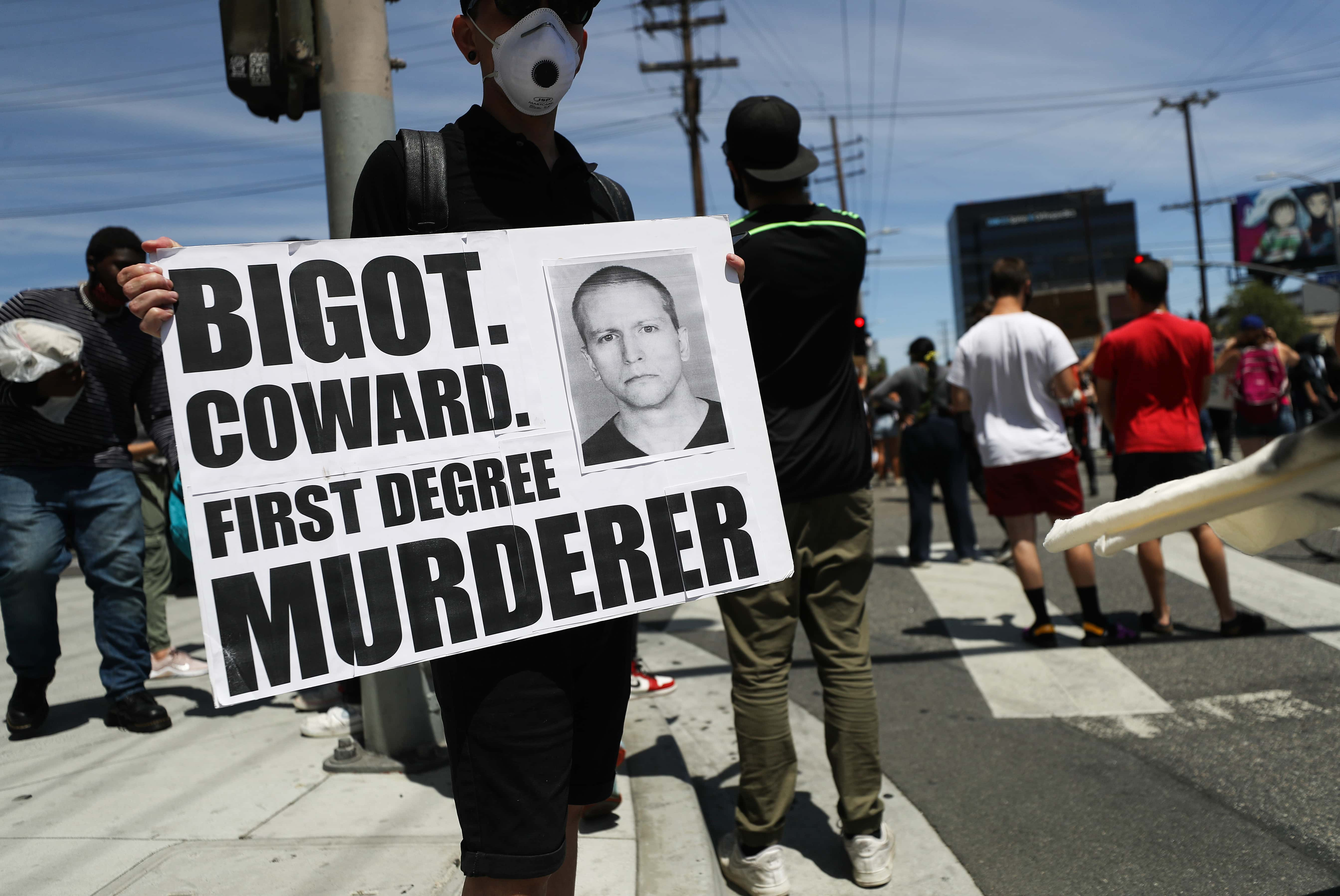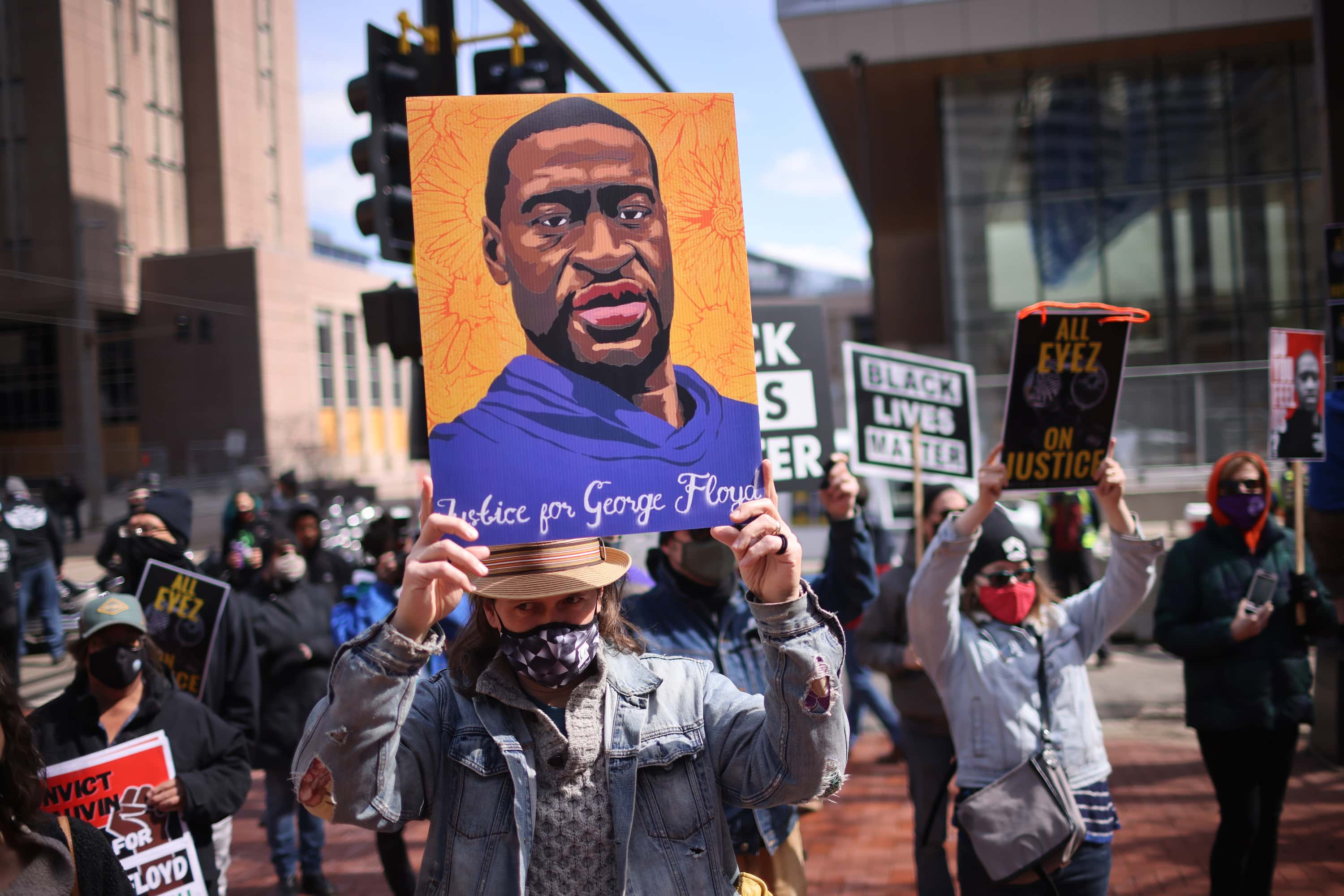Derek Chauvin trial: Ex-cop kneeled on 14-year-old boy's back for 17 minutes but jury won't hear about it

The jury in the trial against former Minneapolis officer Derek Chauvin will not hear about how the ex-cop had a history of using force against suspects. This included a 2017 arrest where body camera footage shows that Chauvin had also earlier kneeled on the back of a 14-year-old boy for 17 minutes, even when he had struggled to breathe.
Prosecutors wanted to introduce eight incidents involving Chauvin. Hennepin County District Judge Peter Cahill allowed two of them. Prosecutors argued these incidents showed Chauvin regularly resorted to force, even when it wasn't necessary. "In the State's view," they wrote, "Chauvin operates in disregard for the particular circumstances of a given situation in determining appropriate reasonable force and simply fully restrains the suspect with no regard for their well-being until he can turn them over to someone else."
READ MORE

Cahill did not agree with the argument. "The real purpose for which the State seeks to introduce evidence of eight prior incidents... is simply to depict Chauvin to the jury as a 'thumper,' an officer who knowingly and willingly relishes 'mixing it up' with suspects and routinely escalates situations and engages in the use of unreasonable force," the judge wrote. In his ruling, the judge added that the value of introducing the remaining six incidents to prove Chauvin's guilt in Floyd's death would be outweighed by the potential to unfairly prejudice the jury.
Chauvin knelt on the neck of a 14-year-old boy
One of the incidents involved in the alleged use of force by Chauvin was when he with another officer responded to a domestic assault on September 4, 2017 where a mother shared that she had been assaulted by her son and her daughter who were both minors.
The court document describes footage in which Chauvin talked to the mother for about 36 minutes before he went to look for her son. He then found the 14-year-old son lying on the floor in his bedroom looking at his phone. Chauvin and another officer told him to stand up because he was under arrest. The boy refused and added that his mother was drunk and assaulted him.

The court filing says that while the boy tried to talk with officers about his mother, they yelled at him to stand up. The officers quickly grabbed him and Chauvin hit the child in the head with his flashlight. Two seconds later, Chauvin grabbed the boy’s throat and again proceeded to strike him in the head with the flashlight. “The child cried out that they were hurting him, and to stop, and called out ‘mom,’” according to the filing.
Chauvin had then placed him in a prone position with a knee to the back for almost 17 minutes before paramedics arrived. Prosecutors shared that Chauvin continued to dig his knee into the child's back even after the child said he was in pain and could not breathe. Even the child's mother had tried to intervene. Chauvin maintained his position and replied that her son, who Chauvin described as 6 feet, 2 inches tall, and at least 240 pounds, was “a big guy.”
Such rulings not uncommon in criminal trials
According to USA Today, it is fairly common for judges to make such rulings on what evidence can be introduced in a trial. This is to ensure the jury doesn't punish a defendant for prior "bad acts" since the body is tasked with deciding whether Chauvin is guilty of the charges: third- and second-degree murder and second-degree manslaughter.
In criminal prosecutions, wrongful acts generally aren't admissible. The only exception is if prosecutors can demonstrate that they implicate the defendant. As a result, although the Minneapolis police department records show 18 complaints filed against Chauvin over the course of his 19-year career, just one of them will be introduced at trial.










